Cryptocurrency wallets have emerged as indispensable tools in the digital asset landscape, empowering users to securely store, manage, and transact their cryptocurrencies. This comprehensive guide delves into the diverse types of wallets available, their unique features, and the crucial security measures employed to safeguard your digital wealth.
Types of Cryptocurrency Wallets
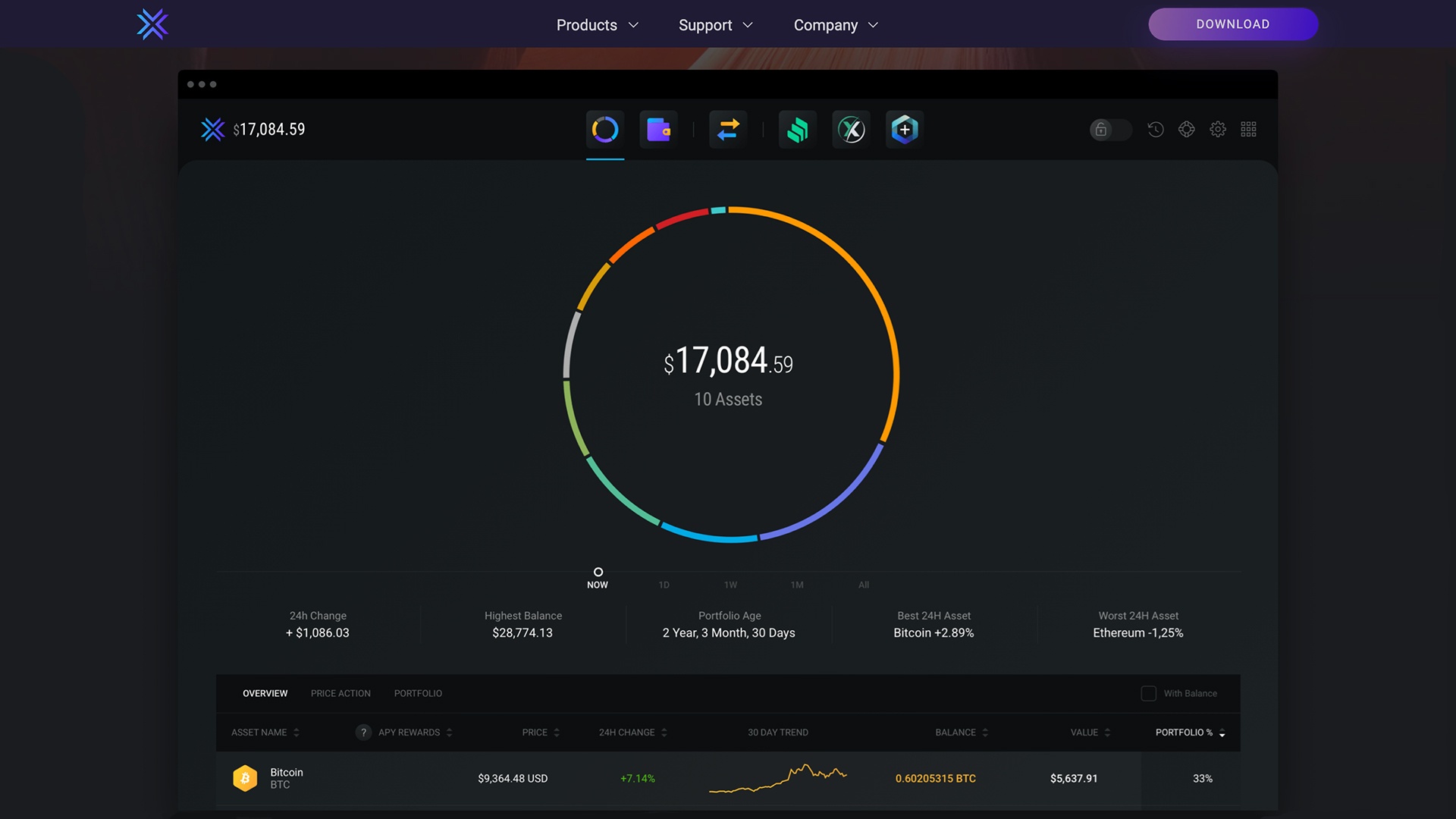
Cryptocurrency wallets are software programs or physical devices that allow users to store, send, and receive digital assets. There are several types of cryptocurrency wallets available, each with its own advantages and disadvantages.
Hardware Wallets
Hardware wallets are physical devices that store cryptocurrency private keys offline. They are considered the most secure type of cryptocurrency wallet because they are not connected to the internet and are therefore immune to online attacks. However, hardware wallets can be expensive and may not be as convenient to use as other types of wallets.
Examples:Ledger Nano X, Trezor Model T
Software Wallets
Software wallets are software programs that store cryptocurrency private keys on a computer or mobile device. They are more convenient to use than hardware wallets, but they are also less secure because they are connected to the internet. Software wallets can be either custodial or non-custodial.
Custodial wallets are managed by a third party, while non-custodial wallets give users full control over their private keys.
Examples:Exodus, MetaMask, Coinbase Wallet
Mobile Wallets
Mobile wallets are software wallets that are designed for use on smartphones. They are convenient to use and can be used to make payments in stores or online. However, mobile wallets are not as secure as hardware wallets or software wallets because they are connected to the internet.
Examples:BRD, Trust Wallet, Coinbase Wallet
Paper Wallets
Paper wallets are physical documents that contain cryptocurrency private keys. They are considered to be one of the most secure types of cryptocurrency wallets because they are not connected to the internet. However, paper wallets can be easily lost or damaged, and they are not as convenient to use as other types of wallets.
Examples:MyEtherWallet, BitAddress
Features of Cryptocurrency Wallets
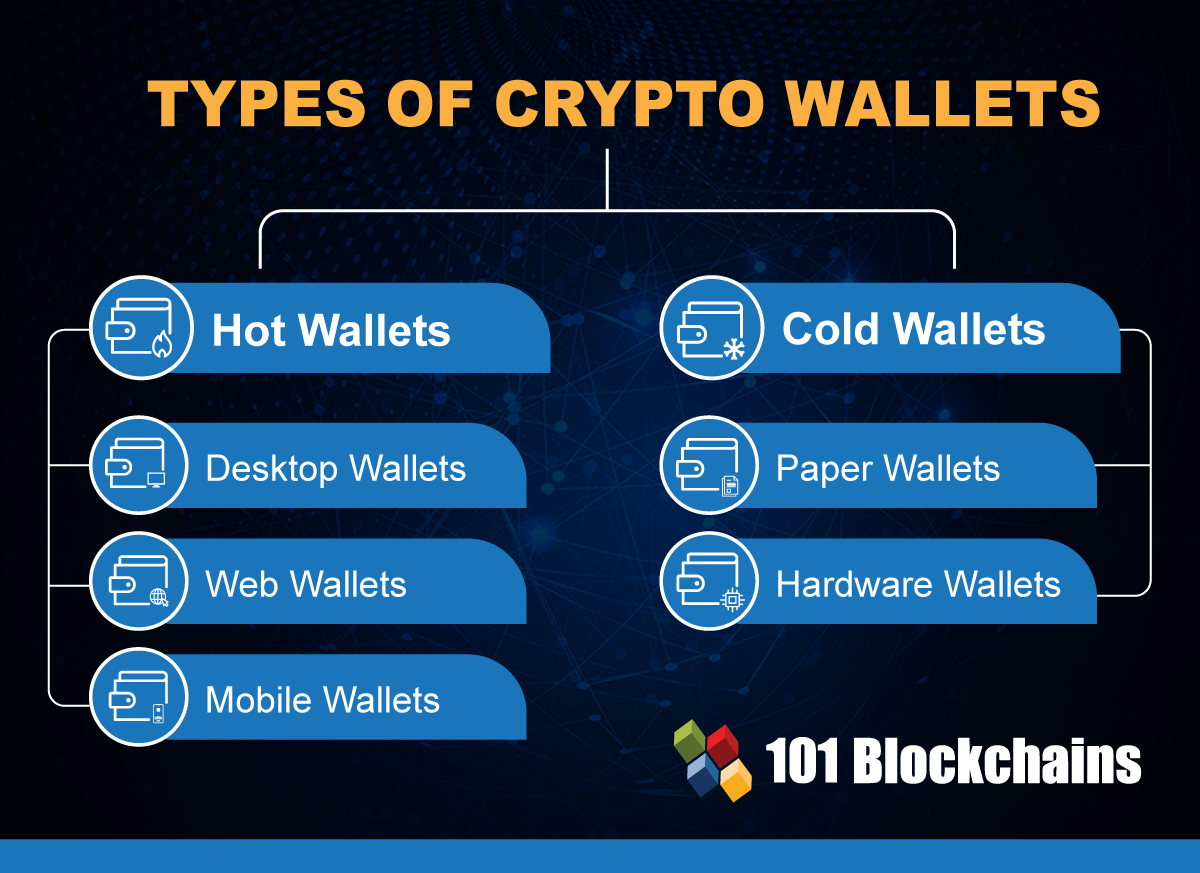
Cryptocurrency wallets come with various features that cater to different user needs and preferences. Understanding these features is crucial for selecting a wallet that aligns with your requirements.
Security
Security is paramount for cryptocurrency wallets. Different wallets employ various security measures, such as encryption, multi-factor authentication, and hardware security modules (HSMs), to protect users’ private keys and funds. Some wallets offer advanced security features like cold storage, which involves storing private keys offline in a secure location.
Privacy
Privacy is another important consideration for cryptocurrency users. Some wallets provide enhanced privacy features, such as anonymous transactions, mixing services, and support for privacy-focused cryptocurrencies like Monero. These features help users maintain their financial anonymity and protect their transaction data from being tracked.
Ease of Use, Cryptocurrency wallet
Ease of use is a key factor for many users. Some wallets prioritize user-friendliness, with intuitive interfaces and simple navigation. These wallets are suitable for beginners or those who value convenience. Other wallets may offer more advanced features and customization options, which may require a higher level of technical knowledge.
Transaction Fees
Transaction fees vary depending on the wallet and the blockchain network being used. Some wallets charge fixed fees, while others implement dynamic fees that fluctuate based on network congestion. Understanding the transaction fee structure is important for budgeting and planning your cryptocurrency transactions.
Multi-Currency Support
Multi-currency support allows users to store and manage multiple cryptocurrencies within a single wallet. This feature is beneficial for users who invest in various digital assets and want to consolidate their holdings in one place.
Advanced Security Measures
Advanced security measures, such as hardware wallets and multi-signature wallets, provide additional layers of protection for users. Hardware wallets store private keys on a physical device, isolating them from online vulnerabilities. Multi-signature wallets require multiple authorized parties to sign off on transactions, adding an extra layer of security.
Security of Cryptocurrency Wallets
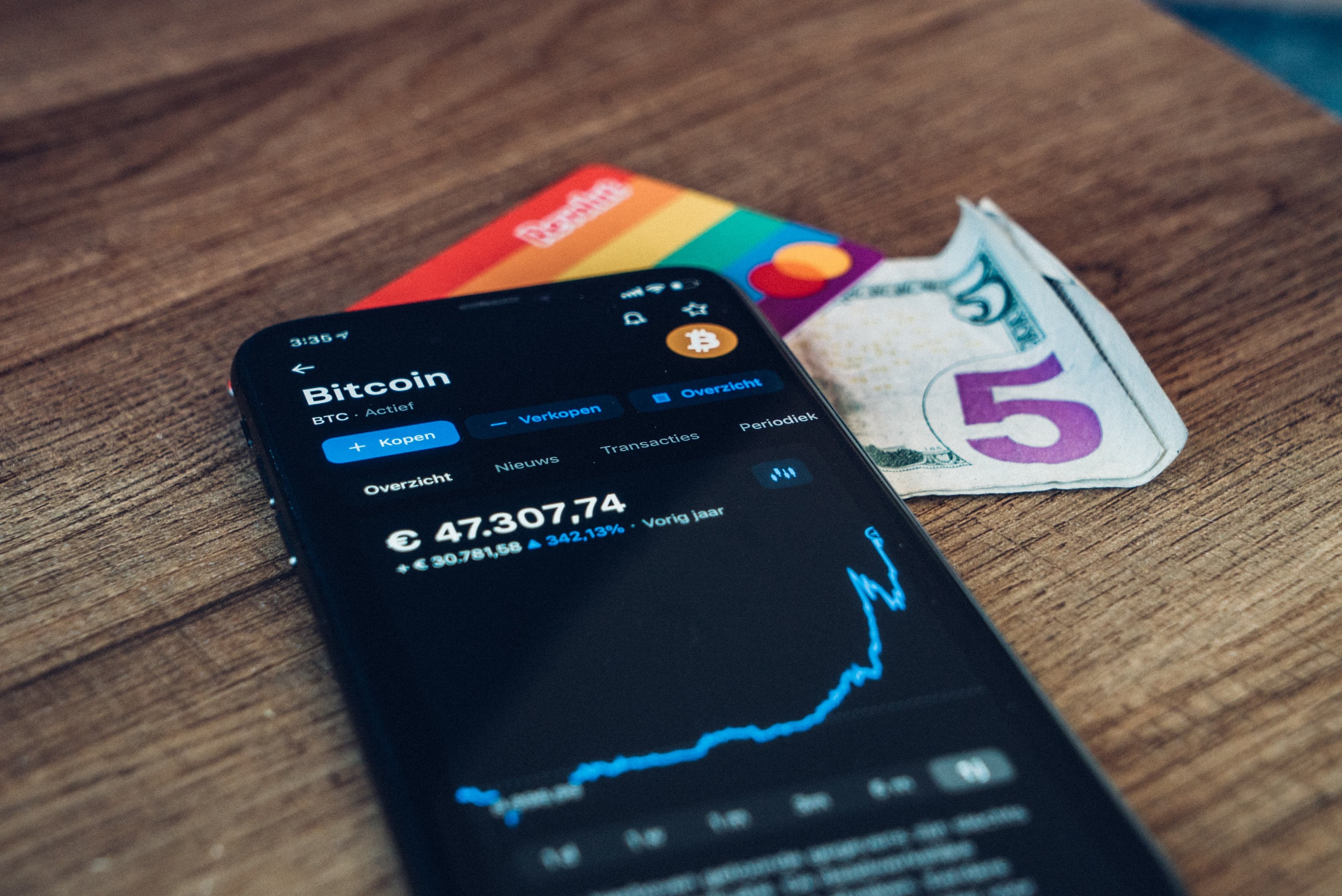
Cryptocurrency wallets play a crucial role in securing digital assets, and their security is of paramount importance. Due to the irreversible nature of cryptocurrency transactions, ensuring the safety of these wallets is vital to prevent unauthorized access and potential financial losses.
Various security measures are employed by cryptocurrency wallets to safeguard users’ funds. These include:
Encryption
- Encryption is a fundamental security measure that protects cryptocurrency wallets from unauthorized access. It involves encrypting private keys and other sensitive data using strong algorithms, making it extremely difficult for attackers to decipher and access funds.
- Some wallets also employ hierarchical deterministic (HD) wallets, which generate a unique set of keys for each transaction, enhancing security and preventing the compromise of all funds in the event of a breach.
Two-Factor Authentication
- Two-factor authentication (2FA) adds an extra layer of security by requiring users to provide two different forms of identification when accessing their wallets. This typically involves a password or PIN and a one-time code sent via SMS or an authenticator app.
- 2FA makes it significantly harder for attackers to gain unauthorized access to wallets, even if they obtain the user’s password.
Seed Phrases
- Seed phrases are a series of randomly generated words that act as a backup for a cryptocurrency wallet. They allow users to recover their wallet and funds in case of device loss or damage.
- Seed phrases should be kept secret and stored securely offline, as they can be used to access the wallet without the need for a password or other security measures.
Tips for Keeping Cryptocurrency Wallets Secure
In addition to the security measures implemented by cryptocurrency wallets, users can take additional steps to enhance the security of their funds:
- Use strong and unique passwords for your wallet and avoid reusing passwords across multiple accounts.
- Enable 2FA on your wallet to add an extra layer of protection.
- Keep your seed phrase secret and store it securely offline, such as in a password manager or a physical safe.
- Be cautious of phishing scams and never share your private keys or seed phrase with anyone.
- Consider using a hardware wallet, which provides an additional layer of security by storing your private keys offline.
Choosing the Right Cryptocurrency Wallet
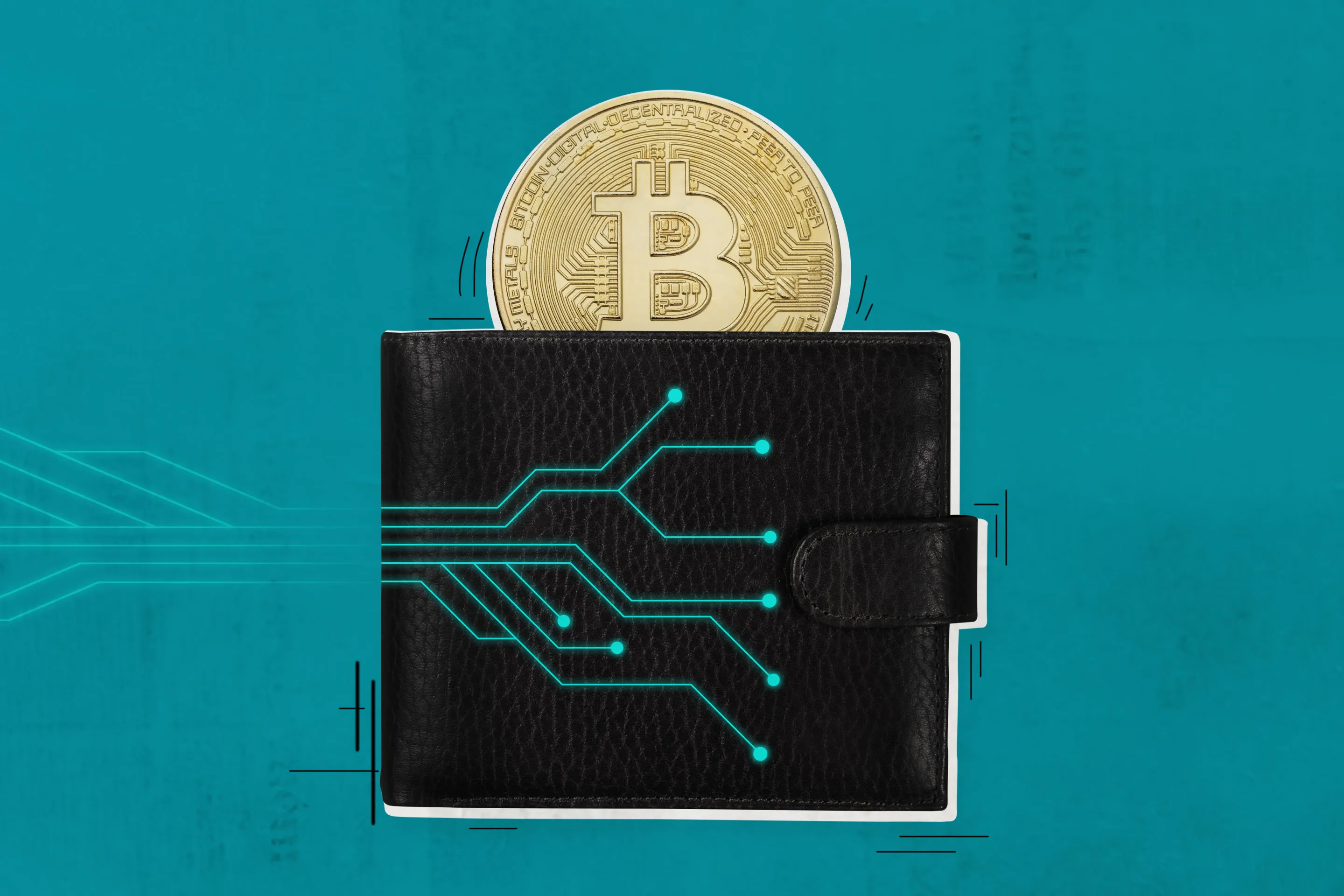
Choosing the right cryptocurrency wallet is crucial to ensure the security and accessibility of your digital assets. Several factors should be considered when making this decision, including the type of wallet, its security features, ease of use, and compatibility with your devices.
Factors to Consider
* Type of Wallet:There are various types of cryptocurrency wallets, including hardware wallets, software wallets, mobile wallets, and paper wallets. Each type offers different levels of security, convenience, and functionality.
Security Features
The security of your cryptocurrency wallet is paramount. Look for wallets that implement robust security measures such as encryption, multi-factor authentication, and cold storage.
Ease of Use
The wallet should be user-friendly and intuitive to navigate. Consider wallets that provide a seamless experience for sending, receiving, and managing your cryptocurrencies.
Device Compatibility
Ensure that the wallet is compatible with your devices, whether it’s a desktop, laptop, smartphone, or tablet. This allows you to access your funds from anywhere, at any time.
Comparison of Wallet Types
| Wallet Type | Security | Convenience | Functionality ||—|—|—|—|| Hardware Wallet | High | Low | Limited || Software Wallet | Medium | High | Extensive || Mobile Wallet | Low | High | Limited || Paper Wallet | High | Low | Basic |
Selecting the Best Wallet
The best cryptocurrency wallet for you depends on your individual needs and preferences. If you prioritize security above all else, a hardware wallet is the recommended choice. For ease of use and accessibility, a software or mobile wallet may be more suitable.
Consider the factors discussed above and choose a wallet that aligns with your requirements.
Using Cryptocurrency Wallets
Cryptocurrency wallets are essential for managing, storing, and transacting digital assets. Understanding how to set up, use, and troubleshoot these wallets is crucial for secure and efficient cryptocurrency management.
Setting Up a Cryptocurrency Wallet
To set up a cryptocurrency wallet, follow these steps:
- Choose a reputable wallet provider that aligns with your needs and security preferences.
- Download and install the wallet software or mobile application.
- Create a new wallet by generating a unique seed phrase or private key.
- Securely store your seed phrase or private key in a safe location.
Sending and Receiving Cryptocurrency
To send cryptocurrency:
- Open your wallet and select the cryptocurrency you wish to send.
- Enter the recipient’s wallet address.
- Specify the amount you wish to send.
- Review the transaction details and confirm the send.
To receive cryptocurrency:
- Open your wallet and select the cryptocurrency you wish to receive.
- Generate a unique wallet address.
- Share the wallet address with the sender.
- Once the transaction is complete, the cryptocurrency will appear in your wallet.
Storing Cryptocurrency
Cryptocurrency wallets provide secure storage for your digital assets. However, it is essential to implement additional security measures to protect against unauthorized access or theft:
- Use strong passwords and enable two-factor authentication.
- Consider storing your cryptocurrency in a hardware wallet for enhanced security.
- Regularly back up your wallet data to prevent loss in case of device failure.
Troubleshooting Cryptocurrency Wallet Issues
Common cryptocurrency wallet issues and their troubleshooting tips include:
- Forgotten password:Contact the wallet provider for assistance in resetting your password.
- Lost seed phrase:Without the seed phrase, it is impossible to recover your wallet. Store it securely.
- Transaction not showing:Check the transaction ID on the blockchain explorer to confirm its status.
- Wallet not syncing:Ensure your internet connection is stable and check for any wallet updates.
Closure
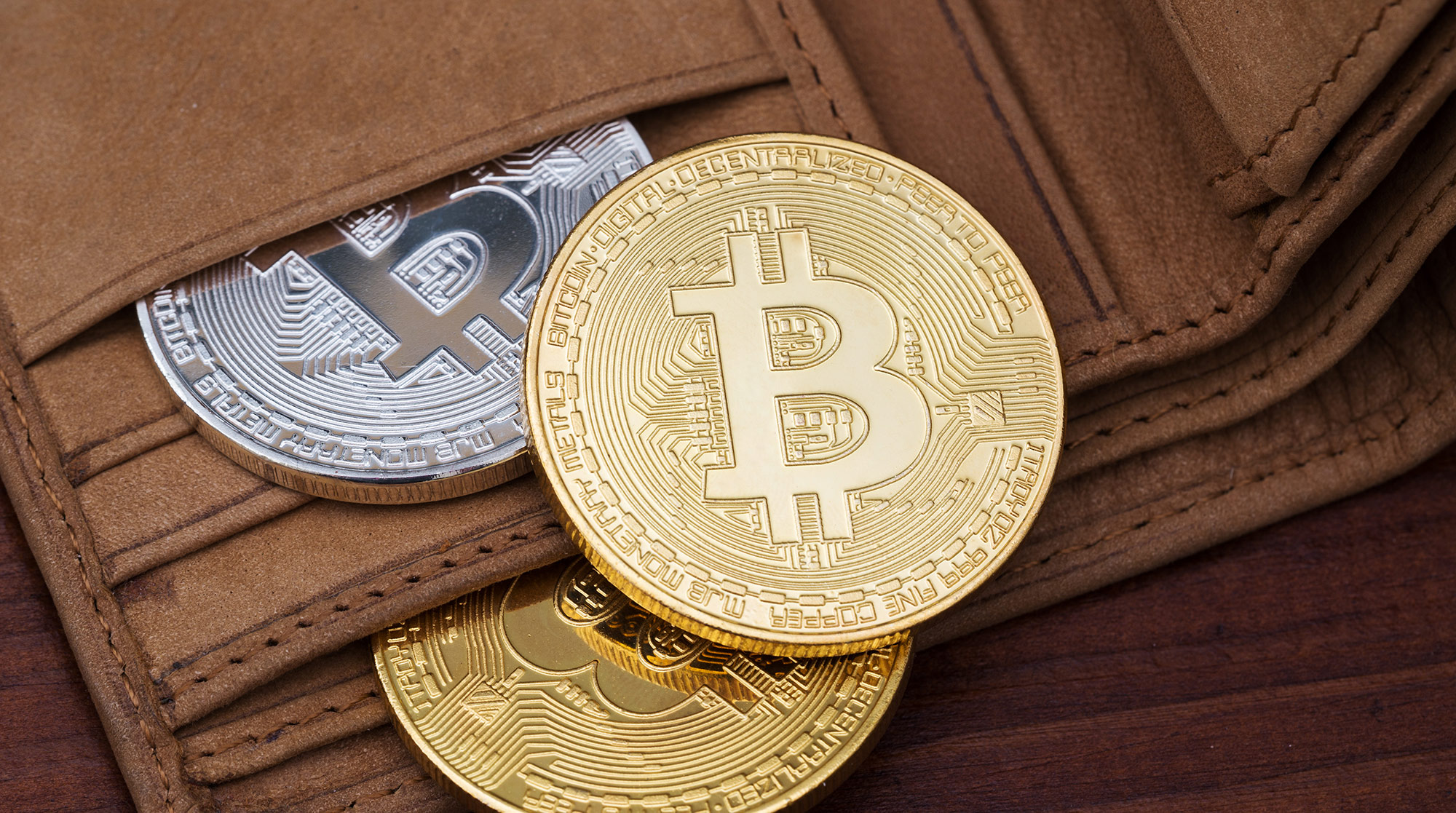
Choosing the right cryptocurrency wallet is a critical decision that requires careful consideration of security, features, and personal preferences. By understanding the intricacies of each wallet type and implementing robust security practices, you can confidently navigate the world of digital assets, ensuring the safety and accessibility of your cryptocurrency investments.
Detailed FAQs
What are the main types of cryptocurrency wallets?
Cryptocurrency wallets come in various forms, including hardware wallets, software wallets, mobile wallets, paper wallets, and exchange-hosted wallets, each offering unique advantages and security features.
How do I choose the best cryptocurrency wallet for my needs?
Consider factors such as the level of security desired, supported cryptocurrencies, transaction fees, ease of use, and compatibility with your devices when selecting a cryptocurrency wallet.
What are the essential security measures for cryptocurrency wallets?
Implement strong passwords, enable two-factor authentication, regularly back up your wallet, and be cautious of phishing scams to protect your cryptocurrency assets.
